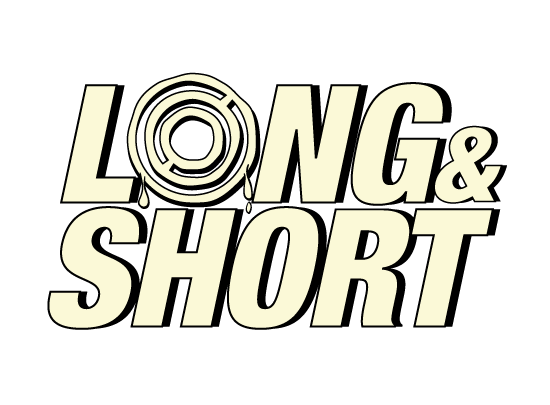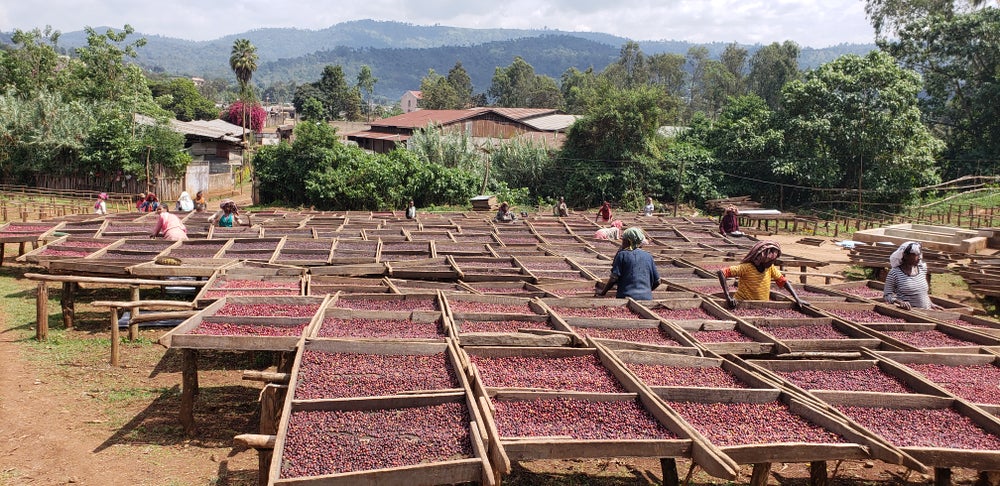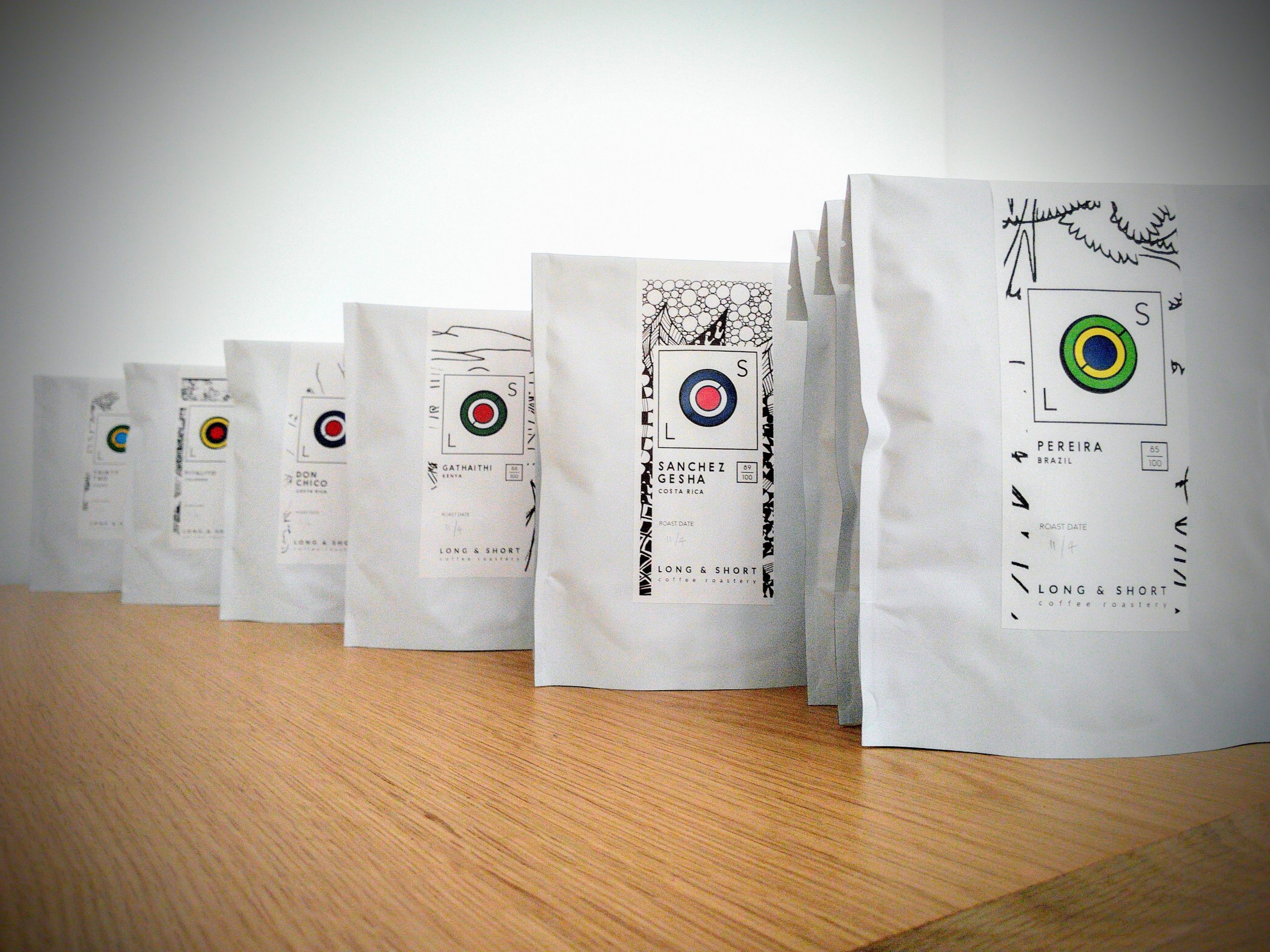In this post we’ve compiled a beginners guide to help explore and buy specialty coffee. For many of us stumbling into the world of specialty coffee can be a daunting affair. From the sheer volume of coffees on offer, to the level of coffee information that comes hand-in-hand. This guide is intended to provide assistance at the very start of this quest. Its goal – to promote a productive and enjoyable coffee journey in its greatest form….specialty.
CONTENTS
1. What is specialty coffee and why buy it?
2. How to avoid buying bad coffee.
3. Where to buy specialty coffee?
4. What type of coffee drinker are you?
87+ POINT
SPECIALTY coffees.
BUY NOW
1.What is specialty coffee and why buy it?
To the average joe specialty coffee can seem like a glorified way of pushing overpriced coffees, but this is far from the truth. My personal definition of speciality coffee is that it is the evolution of ALL coffees to a higher qualitative standard (Also known as ‘Third Wave‘). Unfortunately whilst the term ‘specialty’ can help differentiate good from bad coffees, for better or worse this can sometimes put it on a pedestal of unnecessary proportion. For the sake of someone new to coffee, ‘specialty coffee’ would better be described in layman’s terms as ‘quality coffee’.
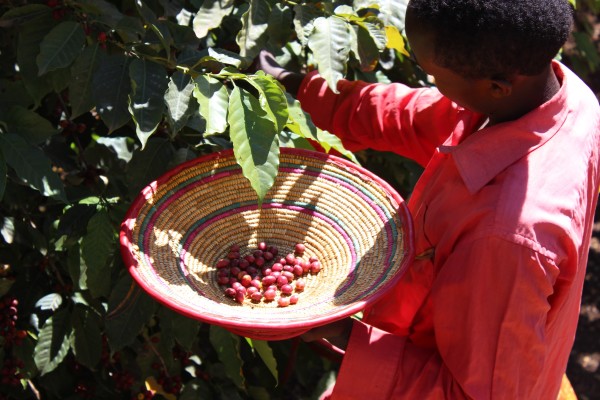
To better understand this, you must first be aware of coffees natural life cycle. A single coffee bean goes though a meticulous journey, from being harvested and processed at a coffee farm, roasted at a coffee roastery, to being brewed within a coffee shop or from the comforts of your own home. Each stage has a profound impact on how it can taste. Specialty coffee is the progress that has been made to optimise quality in every stage of this chain. This higher quality is designed to produce coffees with superior flavours to be enjoyed by you the consumer.
HIGHER QUALITY MEANS BETTER FLAVOUR
In addition to this, often overlooked is the fact that specialty coffee supports a healthier coffee industry. Due to the higher standards adopted to produce specialty coffee, there is more traceability and transparency from where it comes from and how it is cultivated. Furthermore, the greater care given to the industry promotes sustainability in the long run. As a result, specialty coffee farmers are paid better than fair-trade by around 3 times. Providing viable and more stable career paths in an economy that has historically been plagued by low and unfair wages.
BETTER TRACEABILTY, SUSTAINABILITY AND TRANSPARENCY
2.HOW TO AVOID BUYING BAD COFFEE.
My coffee journey unfortunately began by stumbling across a plethora of hit and miss coffee shops on routes to and from work. This inevitably ended with me trying some of the worst coffees on the market. Whilst this made me appreciate good coffee when I found it, thankfully a lot has changed since then and quality coffees have become much easier and more accessible to find. There are however still ways you can trim down your buying options by identifying the tell tale signs to avoid buying bad coffee.
ALWAYS BUY FRESH COFFEE
This might be an obvious one, but buying fresh coffee will always be superior to old.
There are 2 forms of freshness for your buying consideration. The most immediate being freshness in terms of when a coffee was roasted. As a rule of thumb, coffee tends to peak in flavour 2-4 weeks from the roast date. Whilst coffee can still taste great around this period, the main takeaway to note is that coffee flavours develop even after the roast. However, like all consumables the flavours diminish over prolonged time, largely due to oxidation. Good roasters include roast dates for this specific reason, so you the consumer can try the coffee at its most delicious. Or when the acids, oils and sugars develop in perfect harmony to produce tantalising flavour.
BUYING ADVICE: Be wary of specialty coffee roasters that don’t disclose the roast date. Similarly be cautious of coffee bags that only have best before dates. Best before dates provide no benefit in understanding when a coffee will taste its best, but rather help only to avoid its worst.
The freshness of coffee can also be determined by when it was harvested. Some of the more specialised coffee roasters like ourselves are seasonally led and pick coffees from the latest harvests. Coffee in its green bean form will easily last a year if stored in the optimum conditions. Whilst you shouldn’t expect to know the exact coffee harvest date, check to see how often coffee roasters switch up their offerings.
BUYING ADVICE: Truly seasonal specialty coffees shouldn’t be on sale for well over a year unless valid reasoning is given. A valid reason could be where roasters keep the name of a coffee but use the next seasons harvest of the same coffee to replenish stocks. If this isn’t the case, be cautious as you could run the risk of buying old stocks with lower depth in flavour as they turn stale. Furthermore, lower priced coffees can also reflect older or lower quality stock….so be warned.
UNDERSTANDING COFFEE TASTING NOTES
Similar to wines you should try to make the most of tasting notes, which have become a staple display on all the best specialty coffee bags. These are designed to help guide a coffee buyer based on taste preference. The more you drink the more acquainted you will be of the width and depth of flavours a coffee can produce. Coffee is by scientific standards more complex than wine so don’t be surprised with the flavours it can showcase. We’re constantly on the hunt for coffees that taste of strawberries, which always hit different.
BUYING ADVICE: However, don’t take tasting notes too literal in meaning. They tend to cover a broad spectrum of sensations. Tasting notes reference a number of descriptors including sweetness, intensity, aroma, acidity, body, aftertaste, balance, and the list goes on. Just because a coffee might have ‘pineapple’ as a tasting note, does not necessarily mean it tastes exactly like pineapple (unless you’re of course extremely lucky). At the end of the day, coffee will always be coffee and as such the tasting notes tend to refer to certain characteristics of taste only.
87+ POINT
SPECIALTY coffees.
BUY NOW
FIND THE COFFEES STORY
One of the key benefits of specialty coffee is its traceability. Specialty roasters should have full transparency of where the coffee comes from and how it has been processed. Not only does this provide proof that the coffee is undoubtedly specialty, but also helps you discover why it tastes the way it does. Disclosing the varietal, country, region, farm, farmer and process will help you understand this. Each coffee has a story behind it and knowing more about the coffee will help determine your taste preference. For example, you may find you prefer funky fruit coffees, which are better associated with naturally processed coffees that we specialise in. Or you may recognise another coffee by a specific farmer or region to understand its quality or what flavour to expect.
BUYING ADVICE: Be cautious of specialty roasters that don’t provide much information about their products. In an age when information is king, the more information the merrier. A coffees story should be celebrated and included in its sale as we do. Even if you don’t read all of this information, knowing it is available if wanted is still greatly beneficial. Be wary of coffees that are more secretive and minimal when providing product information. You never know what they may be peddling.
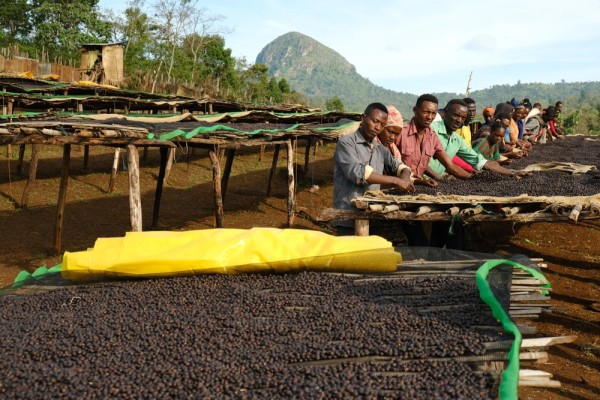
3.Where to buy specialty coffee?
Specialty coffees will always taste better coming directly from the specialty coffee roaster, or the specialty coffee shops directly linked to that roaster (on the basis the roaster is a good one). As with any supply chain the further a product travels in proximity and time away from its source, the higher the risk to quality. In coffee terms this risk is on its freshness and flavour. Supermarkets can hold coffees for years at a time, which technically means it is stale and old. However, many coffee drinkers have become so accustom to this standard it has become an unfortunate norm.
Finding reputable specialty coffee brands can be a much longer process. Exploring and experiencing coffees is still the best way of finding your personal preference and the diamonds in the rough. You should embrace this journey as a form of self discovery. To keep it as effective as possible make use of what is available to you. Coffee roasters and specialty coffee shops have the most in depth knowledge of the coffees they use, so ask away. Furthermore, research the specialty coffee roasters on their websites or from fellow coffee drinkers for better insight.
BUYING ADVICE: Don’t be afraid to buy a cup of coffee to taste test the coffee on offer. Especially if you are hesitant to commit to a larger coffee order. We recommend trying a coffee black or on filter to really showcase its true nature, without milks that can sometimes hinder and hide flavour.
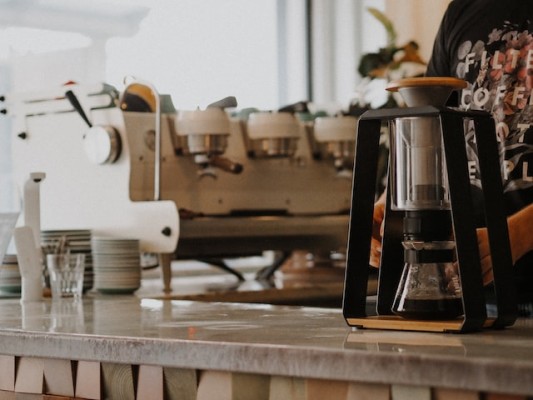
4. What type of coffee drinker are you?
When you get to the level of specialty coffee drinker it can become a very personal experience. Particularly at the mid-to-high end levels of Specialty coffees where we sit at, which are far removed from the specialty coffees bordering on the lower commercial grade quality. I would consider flavour to be the biggest determining factor in coffee choice, but you’ll need some understanding of the formulas that create certain flavours. This is the goal for many specialty coffee drinkers, which comes with time and experience of trying different coffees. As a starting point, try to become familiar with the basic types of coffee in the articles we’ve listed below. These should hopefully provide some assistance to save you valuable time, money and hassle. For more about the types of coffee and what makes us different please go here.
The different coffee roast types – Light / Medium / Dark
Light roast – coffee gently roasted to preserve the beans natural flavours and subtle complexity. Best enjoyed as filter coffee without milk. Tend to be fruitier, cleaner and more nuanced in flavour to celebrate a beans individual characteristics.
Medium roast – coffee roasted slightly darker to preserve the beans flavour and hold up in a broader range of brew methods, which includes mixing with milk. Tends to be slightly bolder, fuller bodied and leaning on a slightly bitter flavour.
Dark roast – the oldest form of roasting coffee for a strictly bitter taste. This form is very old school and a dated method to make coffees taste very similar regardless of where they’re from and how they’re produced. It was originally adopted to hide lower quality coffees, which require milk and sugar to make them more palatable. They tend to be supremely bitter in flavour and non-specialty.
The different types of coffee process
The different types of brew method


